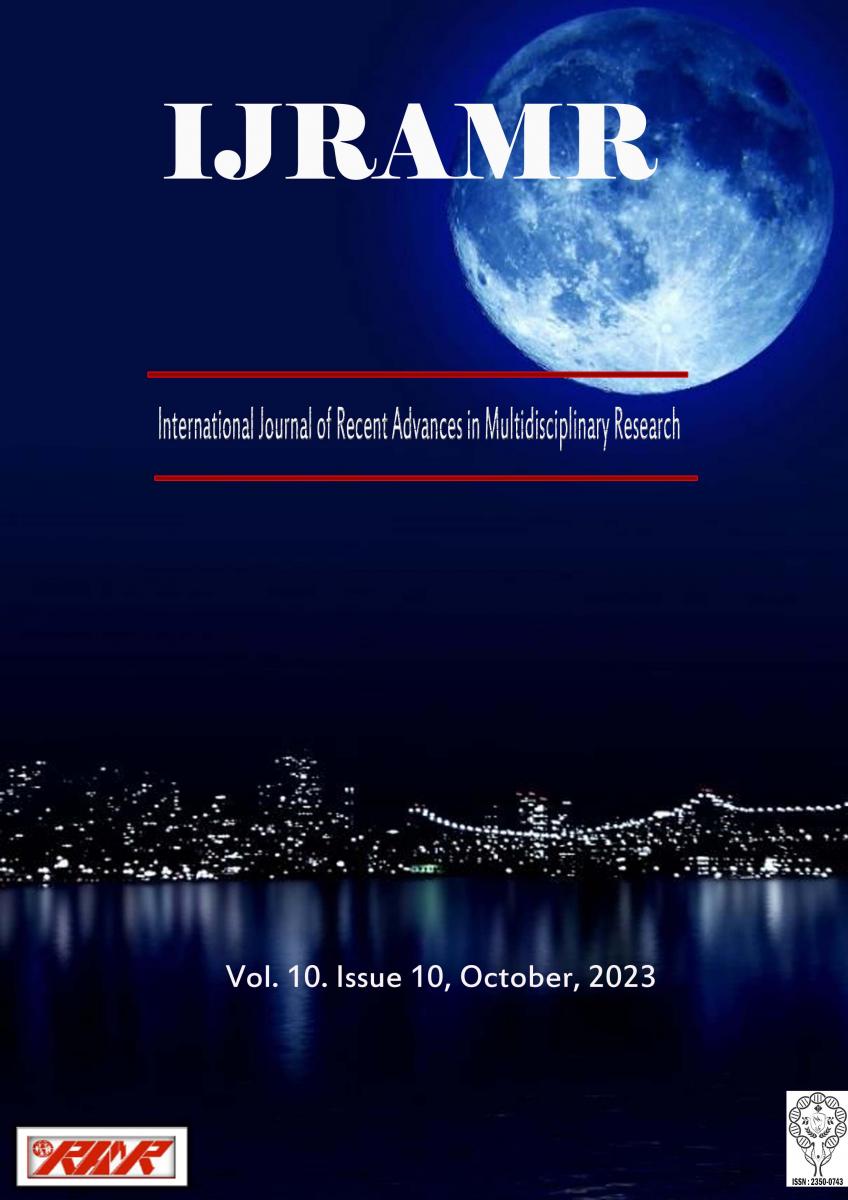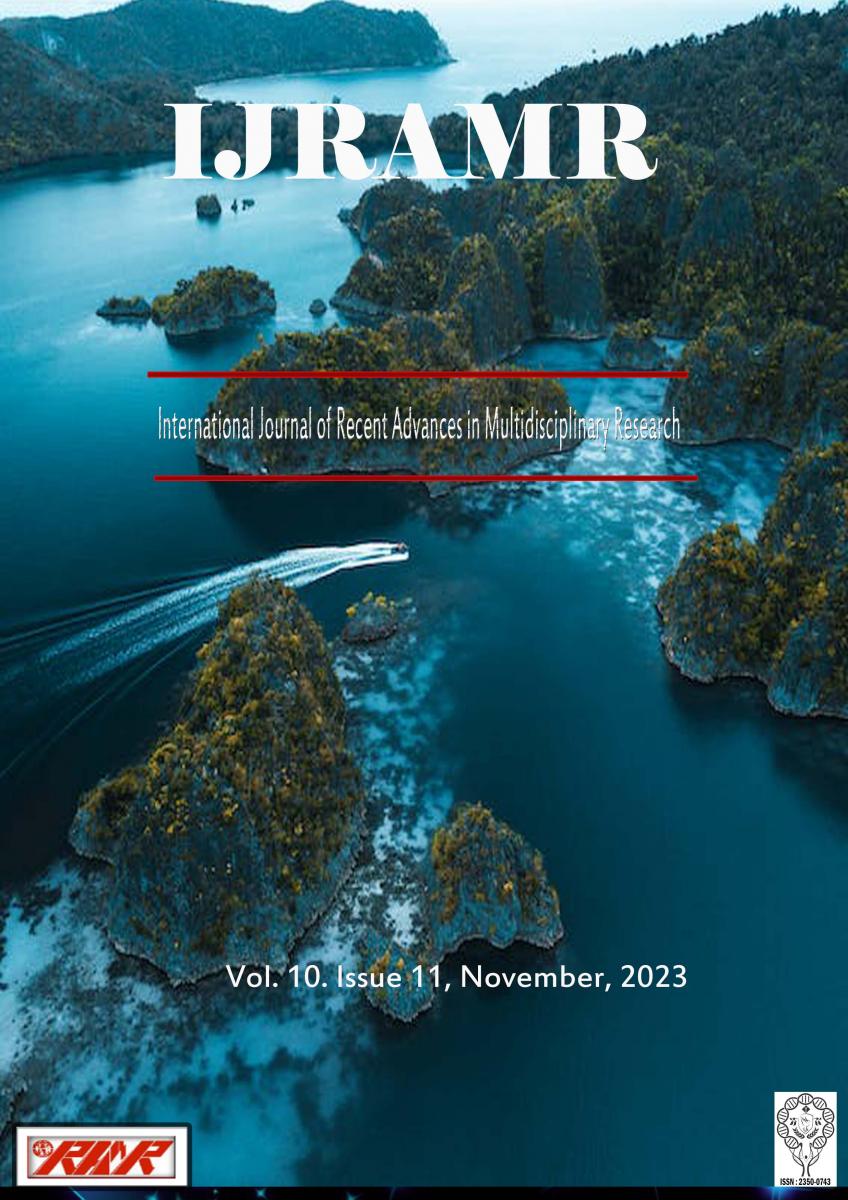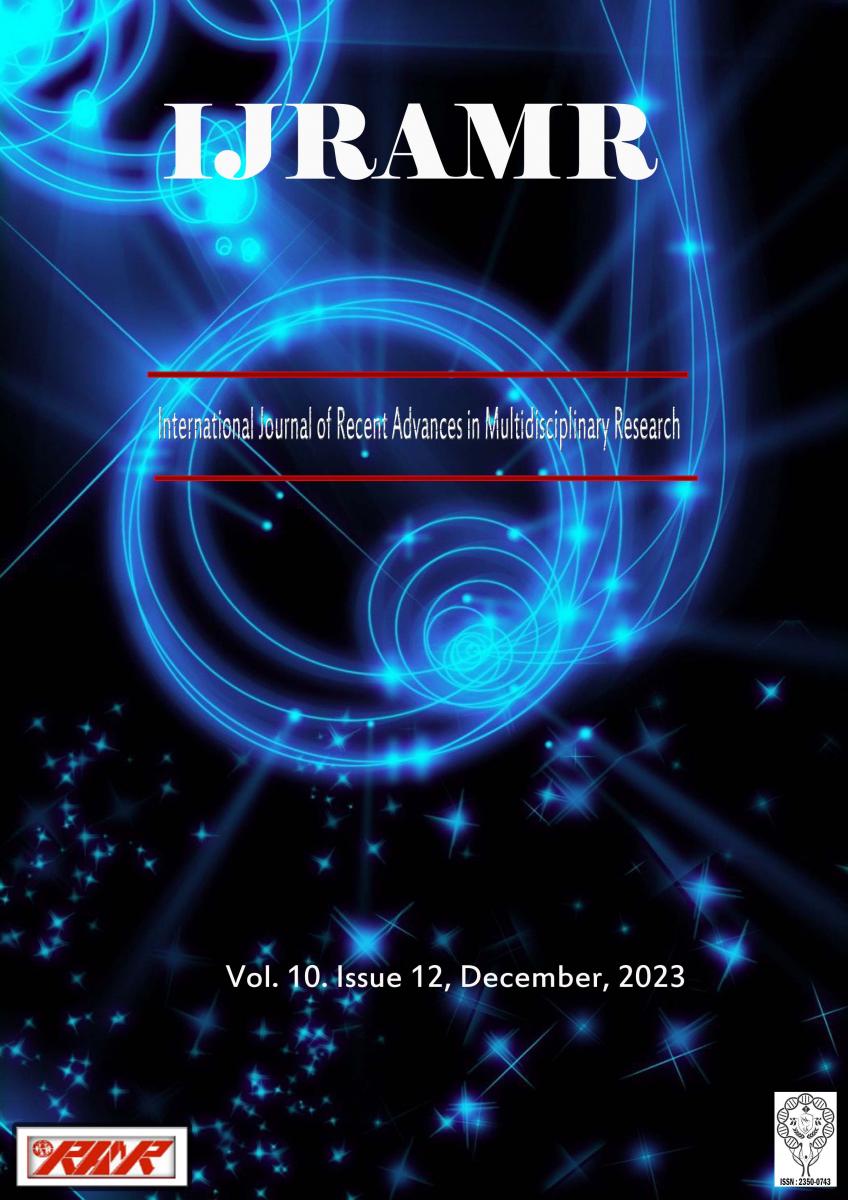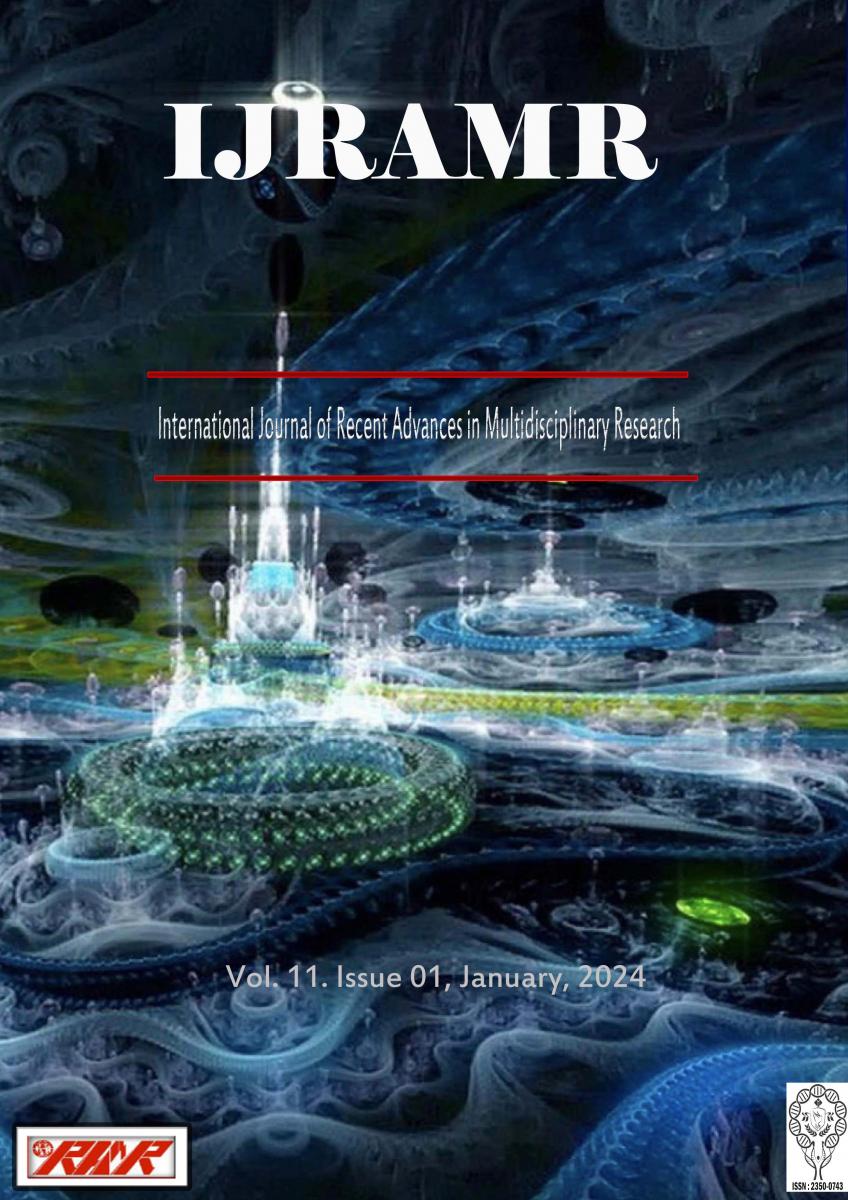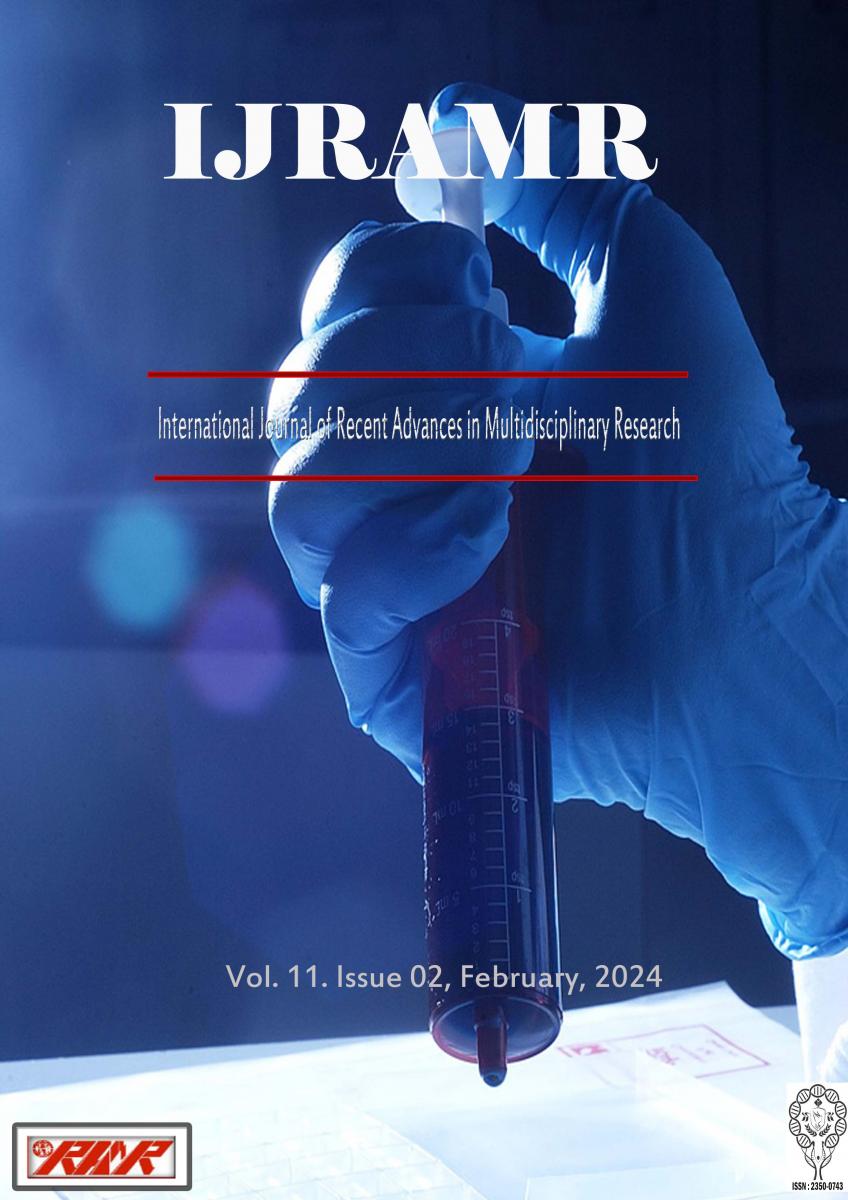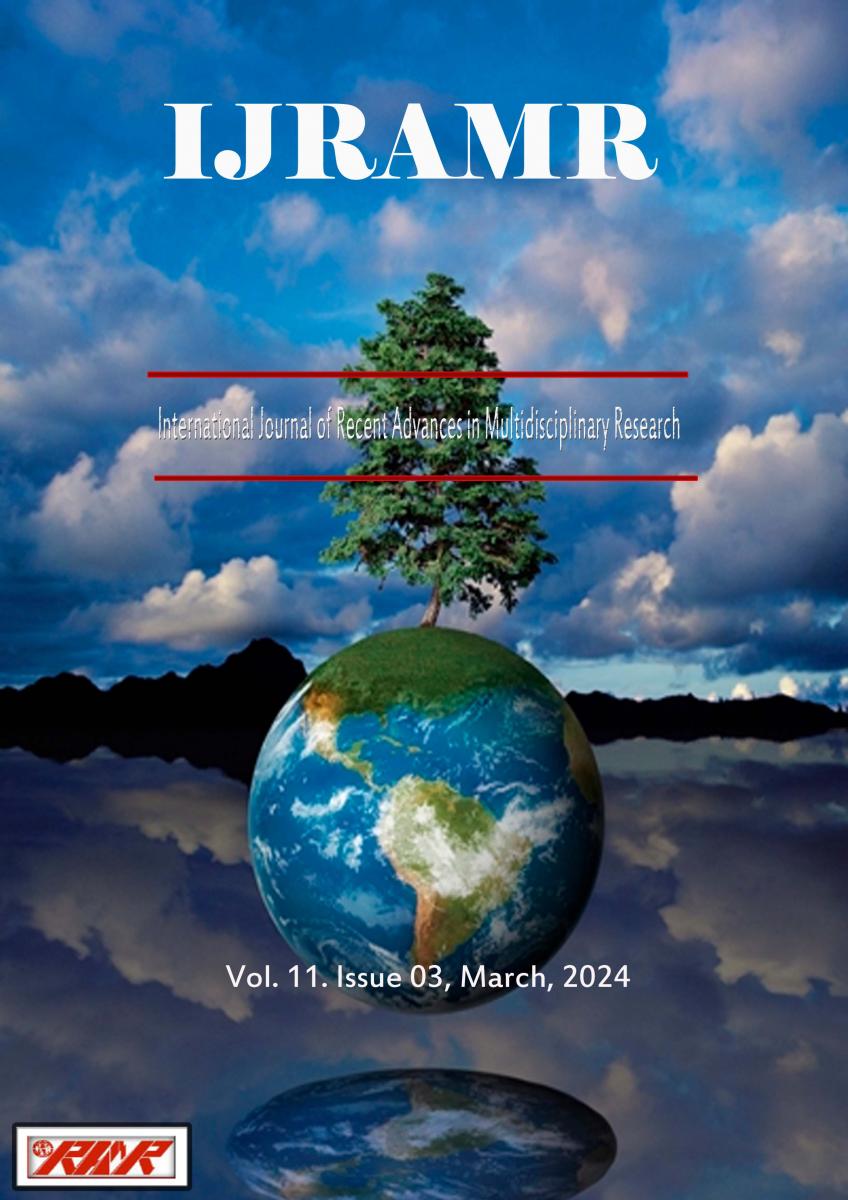The aim of this study was to invest igate the influence of self-concept on health compromising beh aviours among adolescents in Adabraka, Accra. Cluster sampling technique was used to select 120 adolescent students from All Saints Anglican Junior High School and Calvary “1” Methodist Junior H igh School. Data was collected using self- reported scale which consisted of the Adapted Robson Self Concept Questionnaire (Robson, 1989), Adapted Adolescent Alc ohol and Drug Involvement Scale (Moberg, 2000), and Se xualR isk Survey (Turchik&Garske, 2009). Data was analyzed using descriptive statistics, correlatio nal and independent sample t-test, and SPSS (23.0) to explore patterns of association among variables. Results showed that self-concept did not have any correlatio n with smoking. Results also revealed that self-concept did not correlate significantly with alcohol consumption though the relationship was nega tive. It was also found that self-concept did not correlate signif icantly with risky se xualbehaviour though the relationship was nega tive.It could be concluded that, modeling may play an important role in adolescent engagement in health compromising behaviours such alcoholism, smoking and risky sexual behaviour. It is,therefore, recommendad that parents, teachers, guardians and caregivers should regulate and educate adolescents on the implications of health compromising behaviours and also discourage adolescents from observing and imitating wrongly influencial social models ( live or symbolic) who engage in any health compromising behaviour, in addition to assertiveness training to achieve the ‘Ideal Self.’
